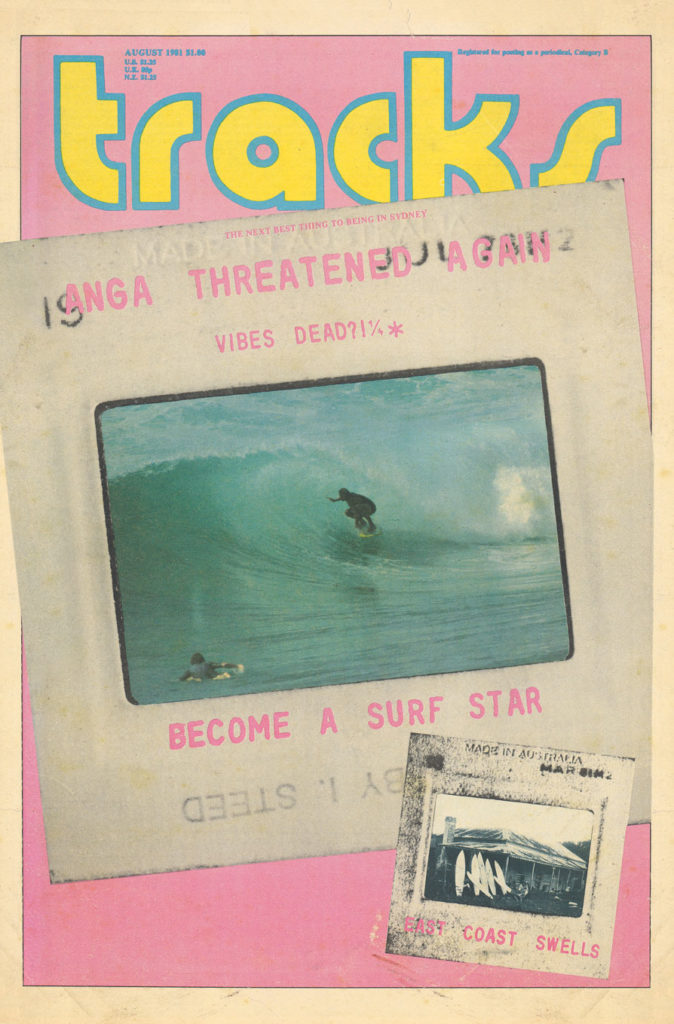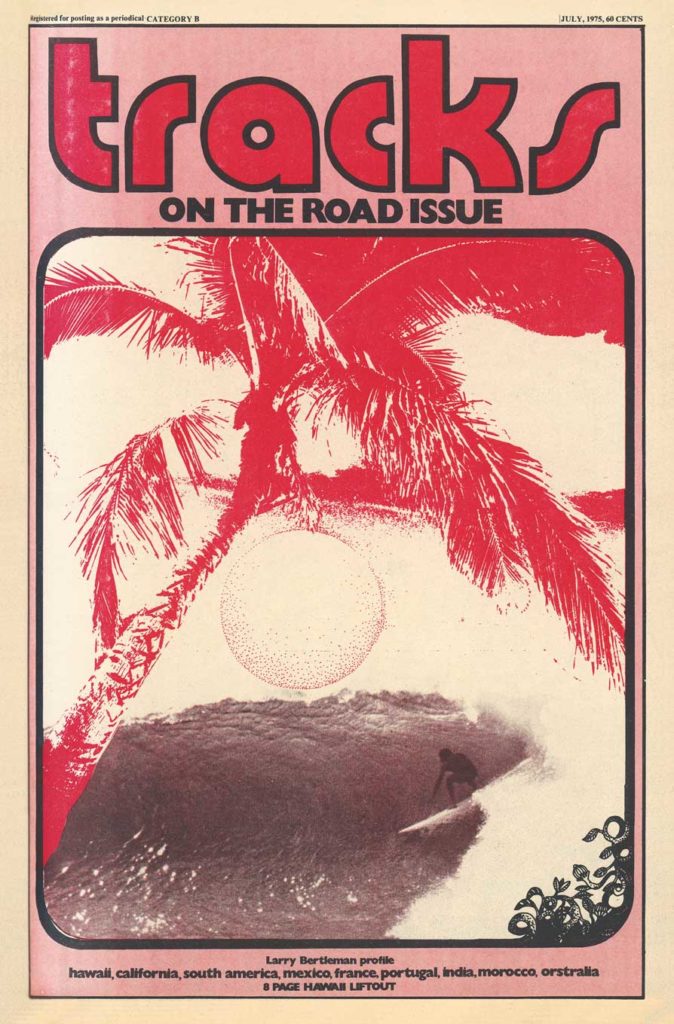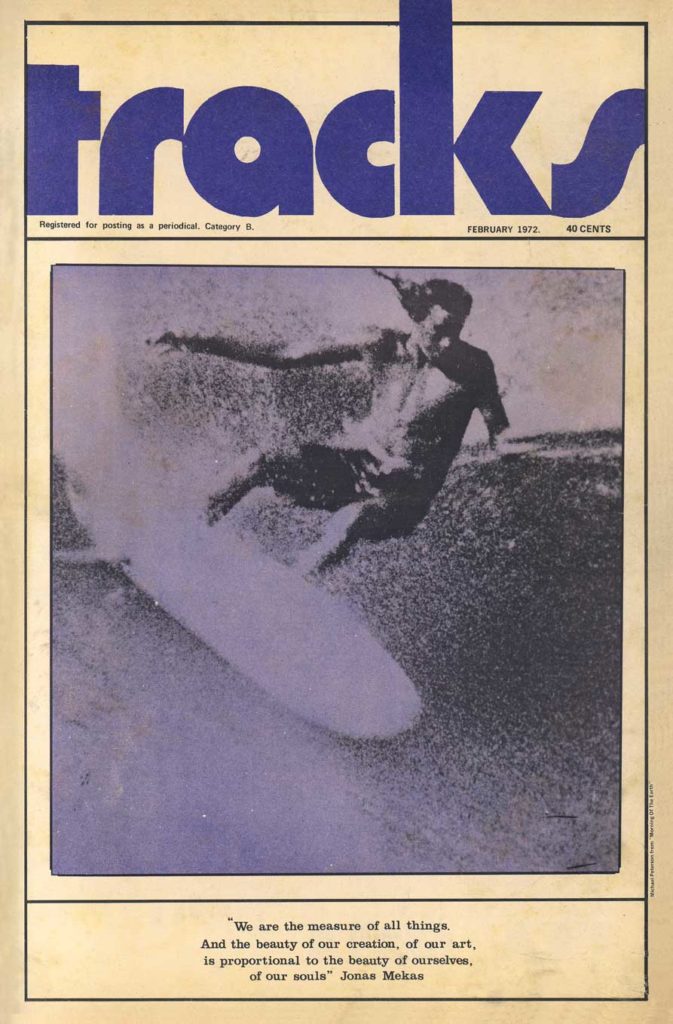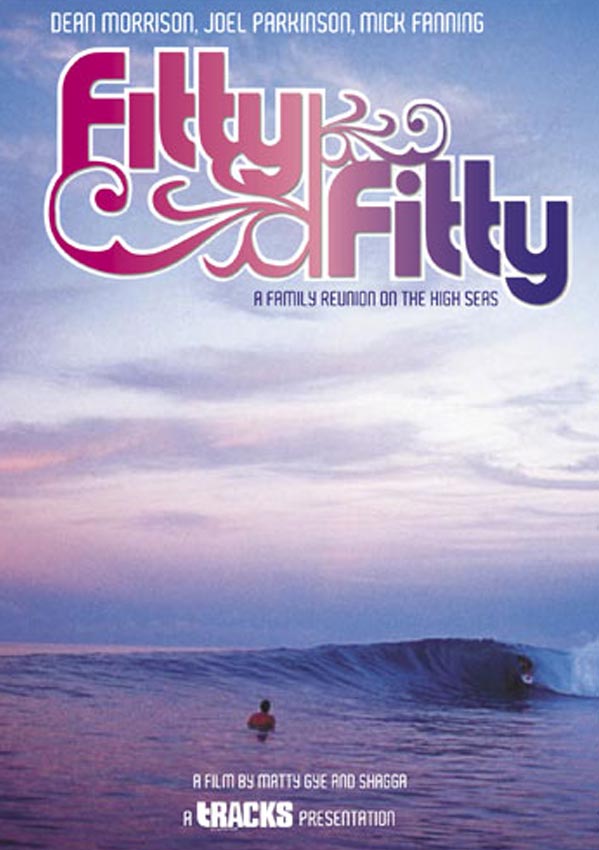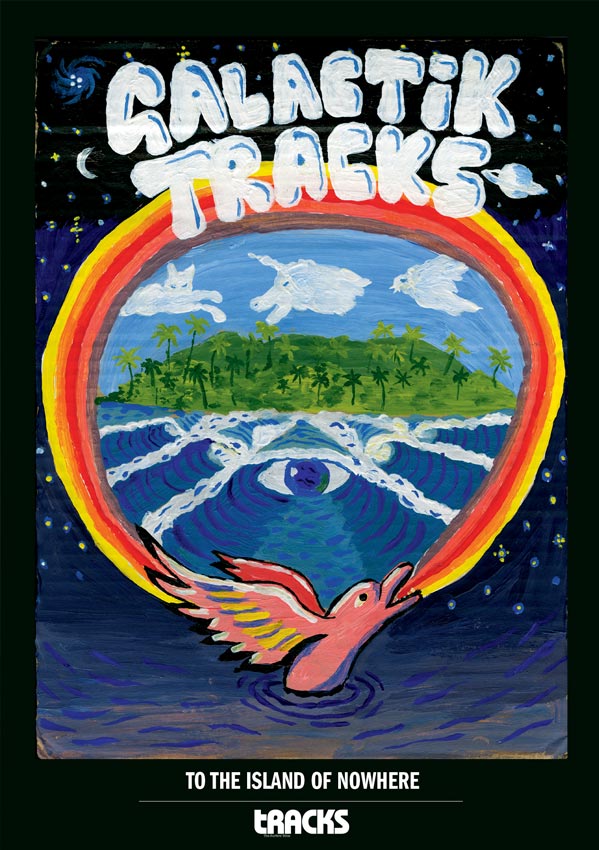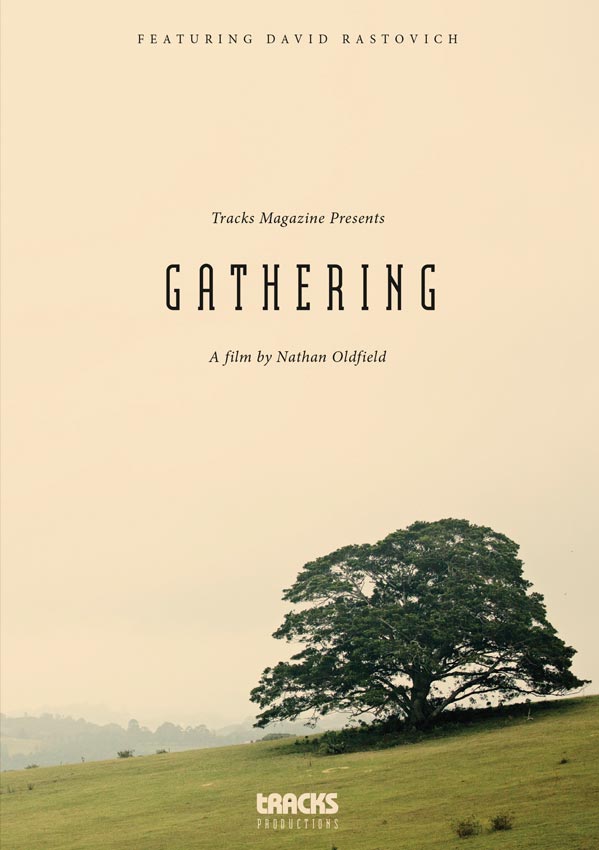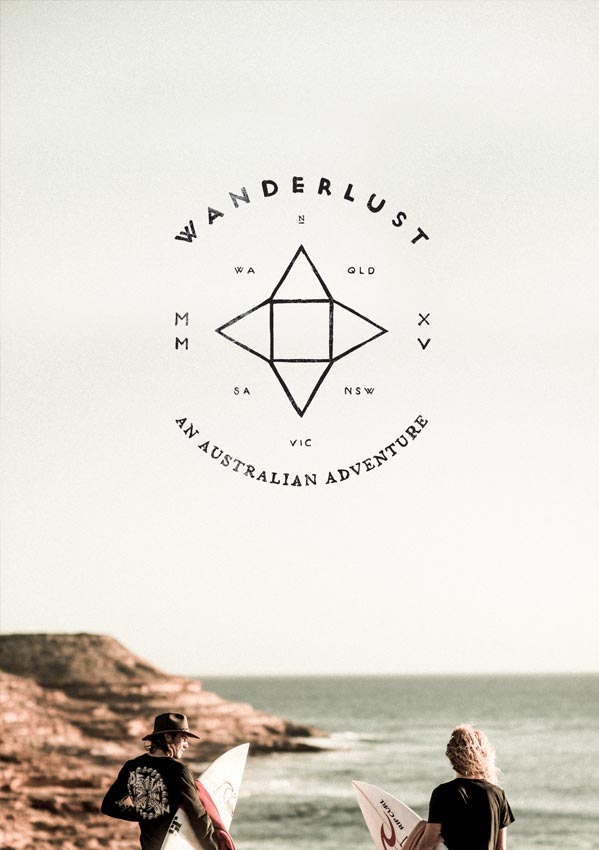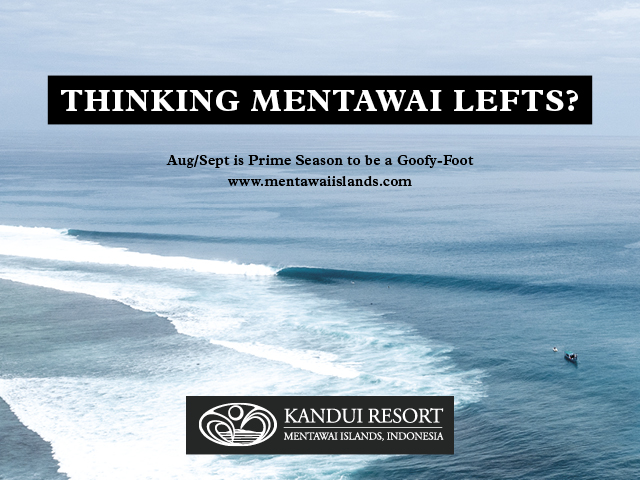Opinions have been strong and very divided on the inclusion of surfing and skateboarding in the 2020 Olympics.
‘Oh no!’ say some. ‘Surfing is way too counterculture for the Olympics.’
“Oh goodie!’ say others, ‘It’s exactly what we need to get our sport into the mainstream flow.’
One of the over-riding beliefs however, is that our sport is not a sport and more a lifestyle, more of an art, and does not lend itself to the competitive realm of the Olympic Games.
Let’s analyze the surface of these large statements.
Firstly, There is actually very little counterculture ideology left in the sport of surfing today. There are no more hard-core rebels, no more rallying against The Man. This ended on November 2, 2010, when Andy Irons died. It might have sporadic surges from surfers like Chris Ward and Chris Davidson, but on the whole we have no more pure rebels, no more Miki Dora’s and no more Bunker Spreckles. All we have is the World Tour of professional athletes, the Big Wave Tour of professional athletes, and Return On Investment spreadsheets on every sponsored surfer out there. Surfing is sport, and sport is business.
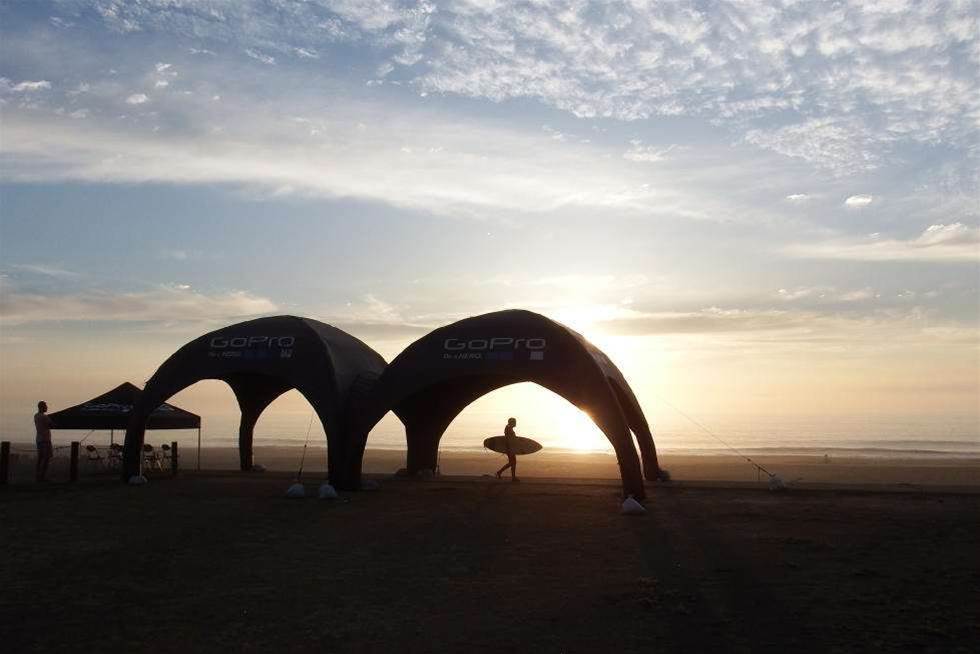
Will The Olympic Games get our sport into the mainstream flow? No it won’t. Paul Speaker and the World Surf League have already done that. The League has an identity that is flourishing. They have cutting edge webcasts, and they are gaining more and more clicks and views at every single event. They have a complete editorial team and they cover every aspect of our sport, effectively, with brilliant photographers, writers, editors, videographers and broadcast team. The Olympic Games might ad impetus to the mainstream push, but it’s already very strong in its own, and only going in one direction, and that’s not down.
The argument of surfing as art and not as sport lacks substance on many levels when it comes to Olympic Games inclusion. The realm of surfing has many sub divisions, with professional surfing being only one of them. Much like snowboarding and all the very varied approaches to riding the slopes, competitive surfing is one approach to the act of riding waves. Free surfing, longboarding, big wave surfing, riding fishes, fins free surfing, riding soft tops, riding small waves, surf travel and exploring – there are so many different approaches and all of them are equally valid and important. Surfing crowns world champions, whether you support pro surfing or not, and therefore deserves a fair shot at the Olympic games.
It did come, as a mild surprise that wave pool tech was not the chosen platform for competition however. Everyone talks about conformity, and the fact that surfing is a sport that is the quantum opposite of level playing fields. Most thought that adding the dots up from •Kelly Slater Wave Pool introduction, to •selling of such to the WSL, to •WSL ponying up with ISA, to •surfing making it into the Olympics, that this was preset that the wave pool would be the arena. On top of this, Tokyo is not known for great waves during summer. In a sport that has one consistent criticism – the judging – another small wave shoot-out could easily add to condemnation.
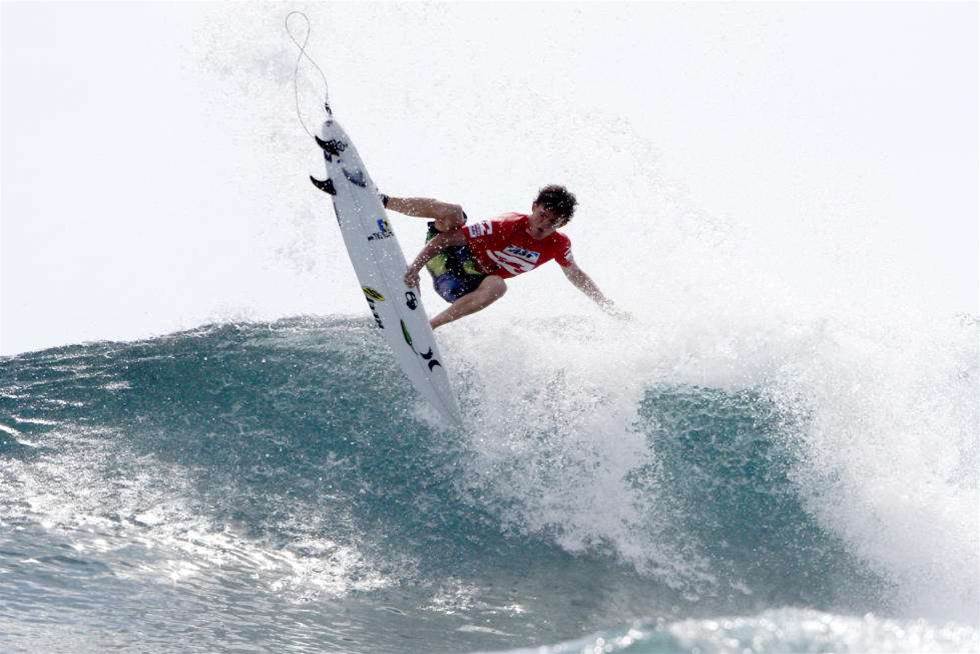
On the positive side, however, this very criticism could be exactly what the sport needs, and might be the greatest leap forward our sport needs.
When it comes to the Olympic Games, all sports run on the strictest levels of professionalism. There are no grey areas between winning and losing, and the artistic elements within the games (think Artistic Gymnastics, Synchronized Swimming, Trampoline Gymnastics etc) are clearly defined.
The pommel horse, for example, has a judging system where you lose points for certain errors, not finding particular form, and for not utilizing the entire three segments of the horse. So in essence the pommel horse riders start off with a ten-point ride, and then slowly losing increments of points for poor technique, lack of variety, lack of repertoire etc. it’s a simple case of our judging criteria in reverse.
So why is Surfing in the Olympic Games possibly the greatest thing ever?
One reason.
It could force the sport to re-examine the very basics of judging.
It could push the sport forward into re-thinking the judging processes, the use of a head judge (of which Kelly Slater has strongly criticized in the past), and other aspects of judging that at times infuriate and alienate spectators and fans.
We could either get brand-new judging criteria that are relevant just for the Games, or we could get a whole new rendition of judging criteria for the sport in it’s entirety.
There are people out there who have great ideas on how to update, revamp or change the way that rides and heats are judged. They just never get a chance to speak. There are no open channels.
The International Olympic Committee has opened up surfing and skateboarding to the Olympic Games as they are both cool, visual and exciting sports that will bring along their cool spectators and fans, and will help the Olympics stay relevant into the future.
The last thing the IOC will want to do is piss those very fans off.
Main photo: Sometimes being a judge does look like the best job in the world. Photo WSL






